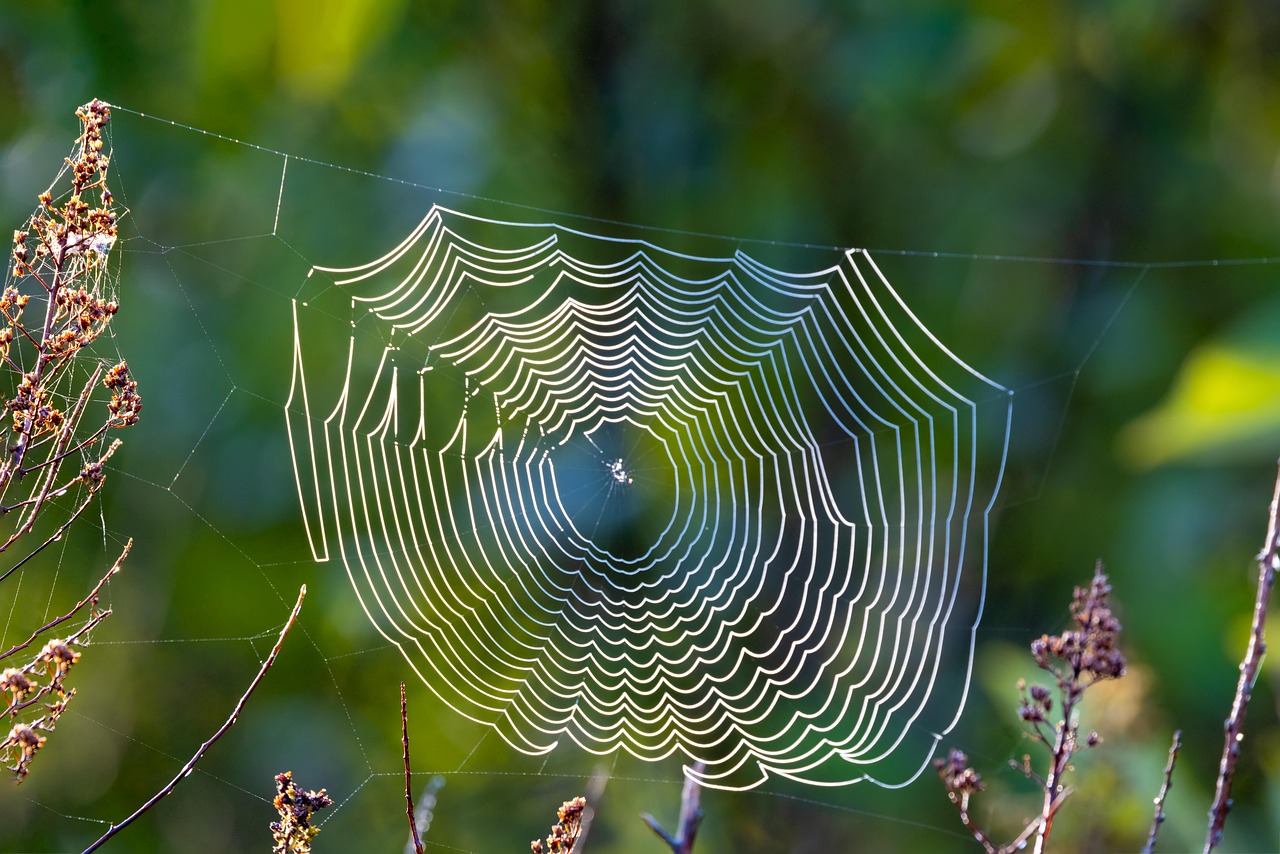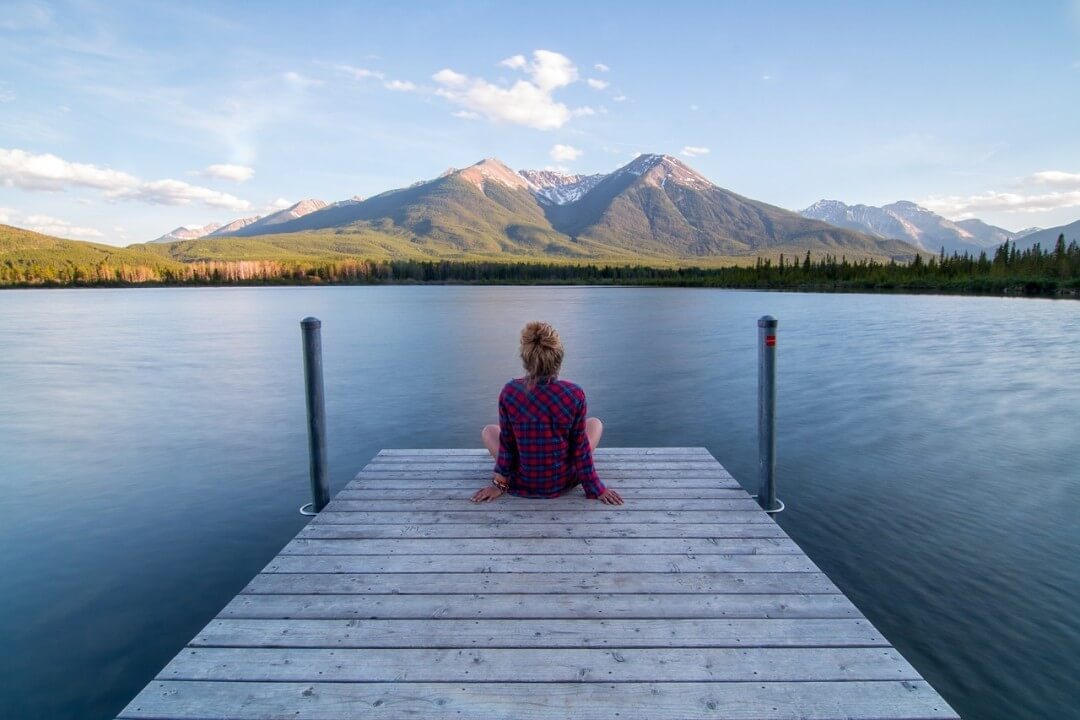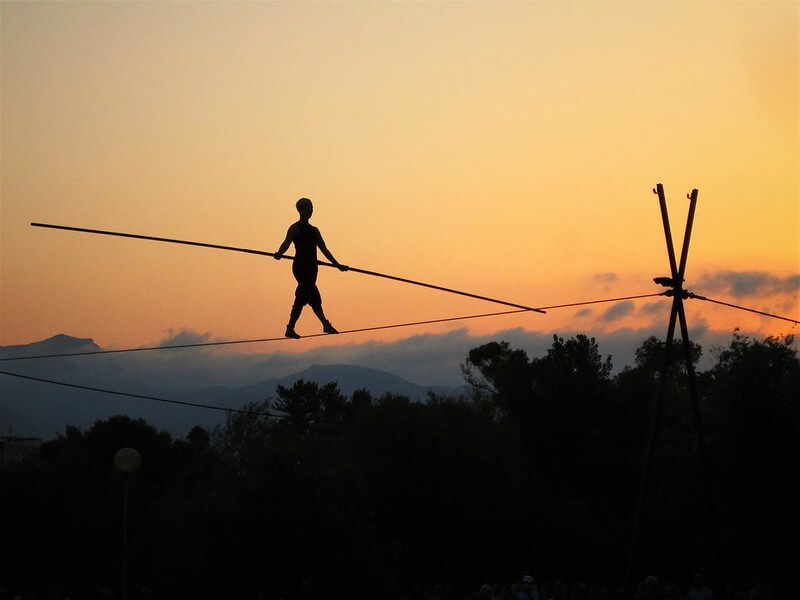Sustainable Leadership Starts Within: Healing Ourselves, Healing the World

When I was 15, living in Guatemala, I wrote an essay on deforestation in the Amazon. I knew nothing about it at first, but as I researched, I was horrified by humanity’s destruction of the planet. Walking through the mall afterward, I felt disgusted by the materialism around me. It was 1989, and that moment changed me—I committed to not being a passive bystander.
Fast forward: I became a Geography teacher, passionate about inspiring young minds to consider sustainability in whatever future they pursued. I led classes, environmental clubs, and global issue networks, driven by the belief that education could ignite change.
At 15, I was angry and disappointed by humanity, like a virus, a threat to the planet. But over time, my heart softened. I came to see not just the destruction we cause but also the struggles we endure. This led me to become a counselor, helping students, parents, and staff navigate life’s challenges. Later, I transitioned to coaching leaders, because their roles are tough and lonely, and their ability to sustain impact matters—not just for their organizations but for the world. Connecting the Dots: Seeing the System as a Whole
Until recently, I hadn’t seen how my past in education, my passion for sustainability, and my coaching work were all connected. But the truth is, everything is interconnected.
1. We are part of a living system. Just as forests, oceans, and grasslands form ecosystems, we too are part of an intricate web of relationships—at home, at work, and in society. Every system has inputs, outputs, feedback loops, and dynamic equilibrium. A healthy system is adaptive and resilient, but chronic stress, imbalance, or depletion makes recovery harder. When we treat our planet like it has infinite resources, we destroy it. When we treat ourselves or our teams the same way, we burn out, and our relationships suffer.
2. The Cartesian mindset has failed us. For centuries, Western thinking has operated on the assumption that humans are separate from nature and that the rational mind should is superior to emotions and the body. This fragmented approach has led to incredible scientific advances, but it has also disconnected us from ourselves and our environment. We now see the consequences: environmental destruction, stress-induced illnesses, declining mental well-being, and a society struggling with polarization and disconnection. 3. Emotional well-being is essential for sustainability. The crisis we face isn’t just environmental—it’s human. According to Six Seconds CEO Joshua Freedman, global emotional intelligence and well-being scores have declined for four consecutive years. More people feel disconnected from empathy, purpose, and their own emotions. The results? Increased aggression, polarization, absenteeism, loneliness, and mental health struggles. We can’t expect people to build a better world when they themselves are depleted.
4. Sustainability starts within. If we want to heal the world, we must first cultivate balance and resilience within ourselves. Sustainable leadership doesn’t mean working harder—it means working in a way that doesn’t drain us over time. Just like a forest regenerates, we too need rest, reflection, and adaptability to thrive. True transformation—whether personal, organizational, or global—isn’t a quick fix, but a long-term practice.
5. Leadership is for everyone. We all have influence in our ecosystems—whether as leaders, colleagues, parents, or friends. The way we show up affects everything around us. If we want to create sustainable change, we must be intentional about how we interact with the systems we’re part of.
Reflect On Your Role In the System Ask yourself:
- What role do you play in your family, work, and community ecosystems?
- How are you currently fulfilling those roles?
- What is your mind-body-spirit system telling you it needs? More rest? More focus? Less chaos?
- If your company or team is a system, how might viewing challenges through this lens shift your approach?
At 50, I see what my 15-year-old self could not: to heal the planet, we must first heal ourselves.Instead of chasing quick fixes, we need sustainable, adaptive solutions. The state of the world is a reflection of our collective human state.
So, how can we become the ripple in the pond—the drop that creates the change we want to see?
As one of my guru's, Richard Strozzi-Heckler, puts it:
- “Leadership is about living our purpose while engaging deeply with others.”
- “Leaders cultivate the self in order to better serve others.”
- “Our selves are indistinguishable from how we present and express ourselves through the body.”
If we want to create balance and sustainability in the world, we must first cultivate it within ourselves—because our energy is contagious.
What ripple effect do you want to create?
 Book a call
Book a call

